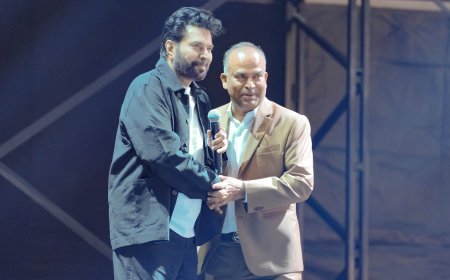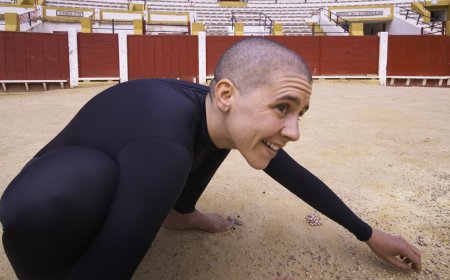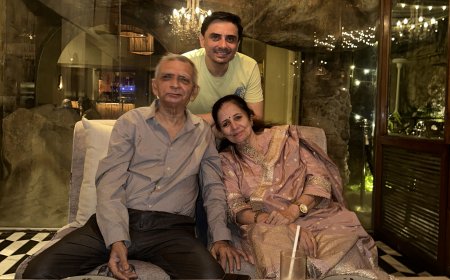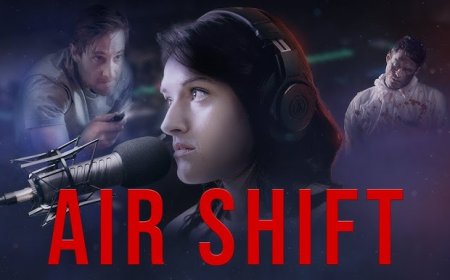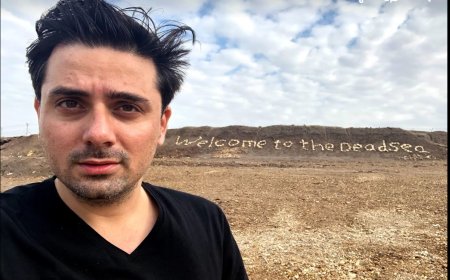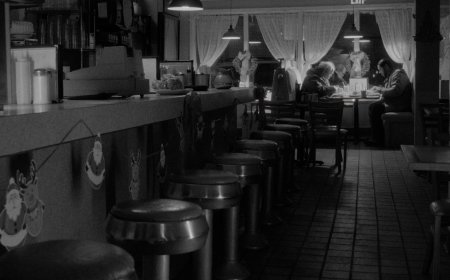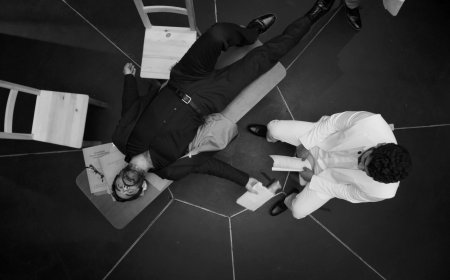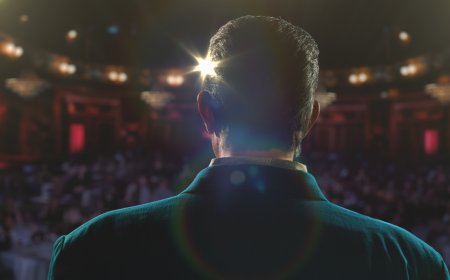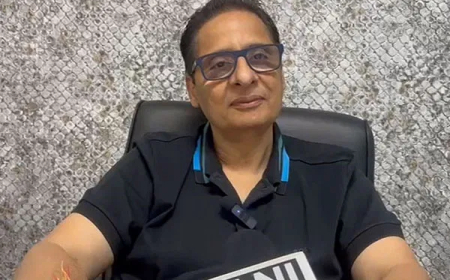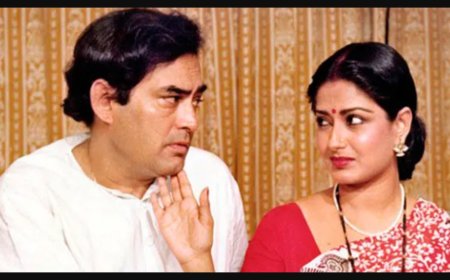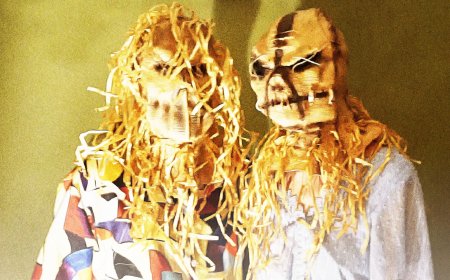The Problem of the Hero | How is a guilty Black man to be portrayed on stage?
Two celebrated writers doggedly argue over the ending of a racial-themed play
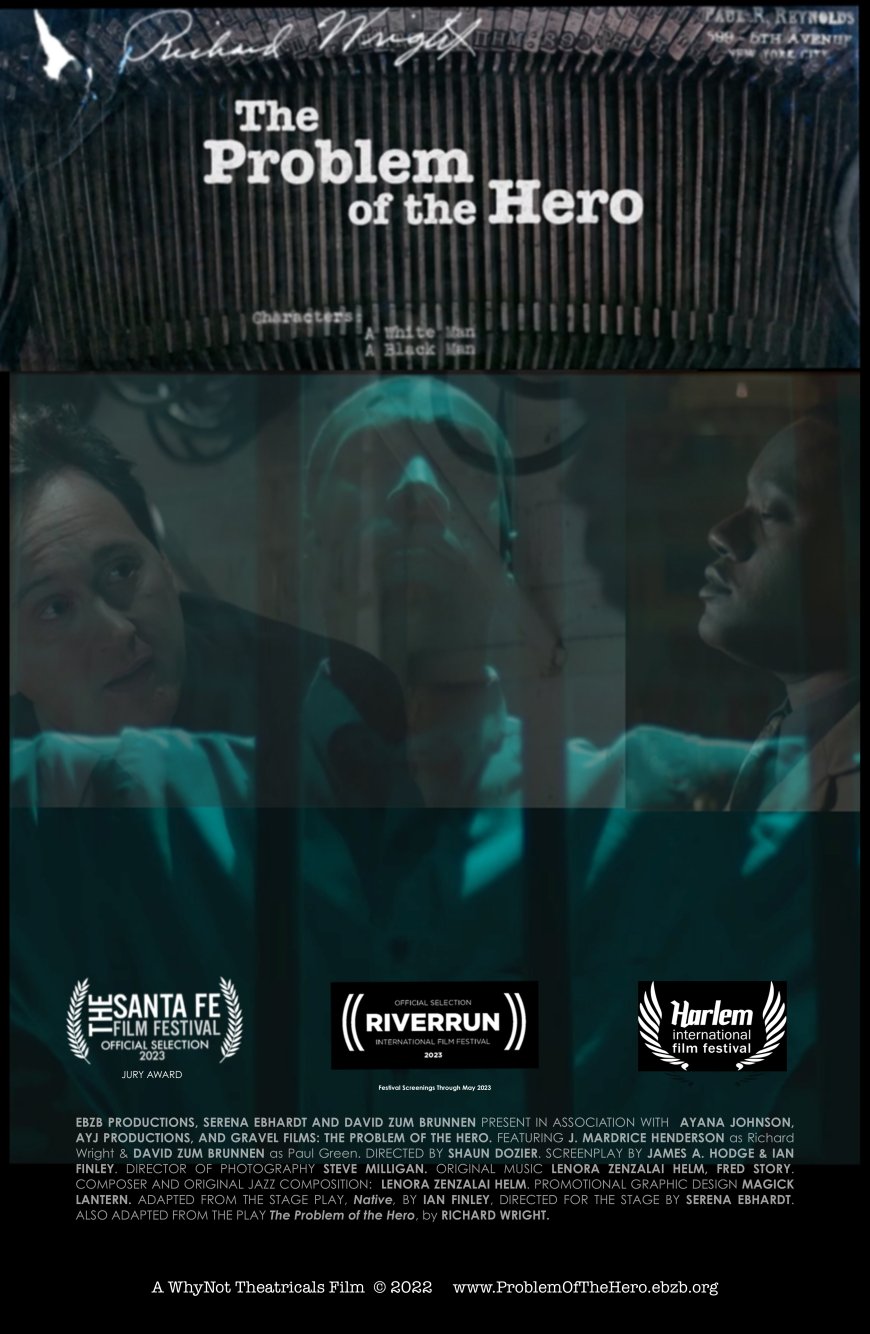
The Problem of the Hero: How is a guilty Black man to be portrayed on stage?
Cast: J. Mardrice Henderson, David Zum Brunnen, Josephine Hall, Brandon Haynes, Charlie Cannon, Jean Rosenthal
Critic’s Rating: 4 Stars out of 5
Director: Shaun Dozier
Duration: 1 hour, 24 minutes
Genre: Drama
Language: English
Release: 2023
What’s it about?
Two celebrated writers doggedly argue over the ending of a racial-themed play.
Review:
While racism continues to be raging issue in the U.S., along comes this effective drama which boldly endeavours to tackle the topic. This it is succeeds in doing without the use of sensationalistic violence or exaggerated melodrama. Instead, we hear genuine voices of the oppressed and those who wish to empathise with them. In so doing, this film highlights the relentless plight of the African American. It also poses the question as to who possesses the right to express the truth about it – especially, within the realm of creativity.
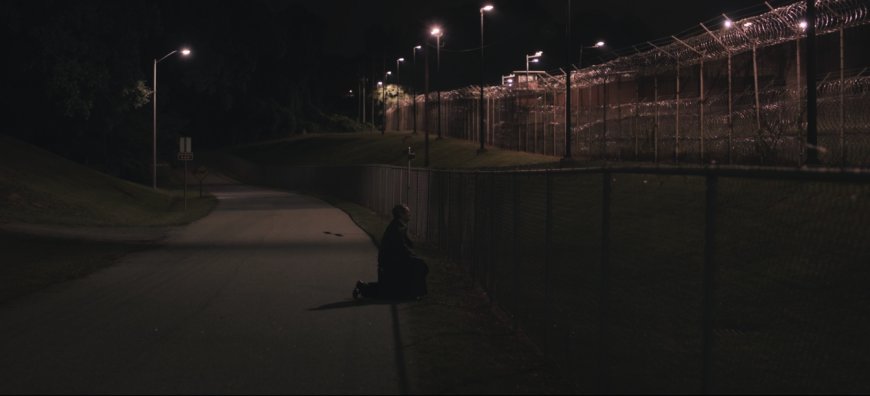
Based on the production of the award-winning 1941 play Native Son by Black writer Richard Wright (J. Mardrice Henderson) and his Caucasian collaborator Paul Green (David Zum Brunnen), this film compellingly fleshes out a fictitious discussion between the two men. The duo passionately quarrels about the ending of the play, neither willing to surrender to a compromise. This even though, it is supposed to be a stage adaptation of a published novel by Wright. The premise of his work follows the true story of the case of Robert Nixon: a Black man who got the electric chair for murdering a white woman.
The crux of the disagreement is the portrayal of the Nixon character in the play’s final scene when he is internalising his grim fate. Does ‘Bigger Thomas’ seek redemption for his crime or does he feel redeemed by having committed it? Immersed in this crucial debate, Wright and Green draw from their personal experiences on opposite sides of the racial prism. They even act out different characters in the play to create situations and verbal exchanges that ring true. But their partnership soon devolves into a fierce and bitter debate on the conflict of America’s Black and White communities.

Wright and Green find themselves at loggerheads on subjects of Capitalism, War and God. Are the freedoms and liberties protected and enforced by these institutions applicable to the tormented descendants of slaves? Wright sneers at Green’s publications that empathise with the Poor and Oppressed by pointing out that the latter’s privileged life doesn’t qualify him to do so. Green, in turn, mentions that Wright’s book is earning him a “pretty penny” from the millions of people who had bought it. With no resolution in sight to the stalemate, the two writers interact with actors rehearsing for their play.
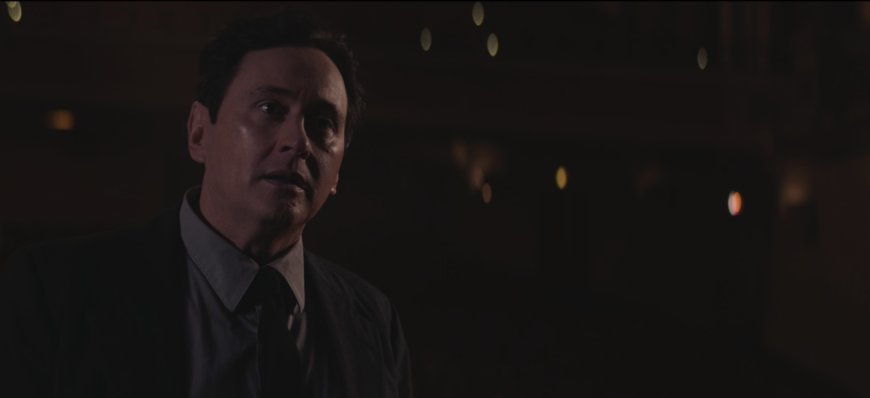
Wright narrates to Nell Harrison (Josephine Hall) a tragic event in his childhood, which caused him much psychological hurt and would go onto impact the rest of his life. Meanwhile, Green opens up to the multifaceted Canada Lee (Brandon Haynes) about an incident where he nearly risked his life to aid a Black man.
It becomes clear that Dick and Paul have respect for each other. But will they be compelled to compromise their friendship over artistic differences? “Heroism is not a capacity afforded to them (the African-American) by their world”, says Wright. He adds, “The play doesn’t matter who it’s for; it matters who it’s from!”, as he pushes his case. But will this impassioned gentleman convince Green about his perspective?
This film’s themes might stir up slight memories of such famous films as To Kill a Mockingbird (1962), A Time to Kill (1996) and Green Mile (1999). But The Problem of the Hero decidedly stands in a unique space of its own. The dialogue is rich, prosaic and trenchant, although at times too rapidly delivered to grasp entirely. Also, some scenes are guilty of being talky and high-brow, while the central premise tends to get stretched a little too far.

Nevertheless, director Shaun Dozier does a confident job at his maiden feature-length outing, while the film’s two leads make the most of an impressive script by James A. Hodge and Ian Finley. A resounding sample of their robust words, which sums up the theme of the film are, “Who says you get to be what you were born for?” Miraculously, Wright was perhaps one of the few to realise this privilege.
****





